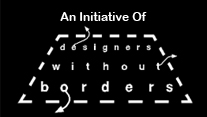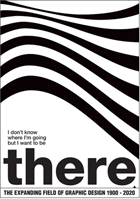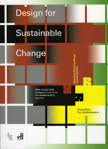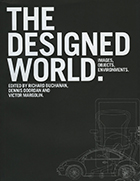David Stairs
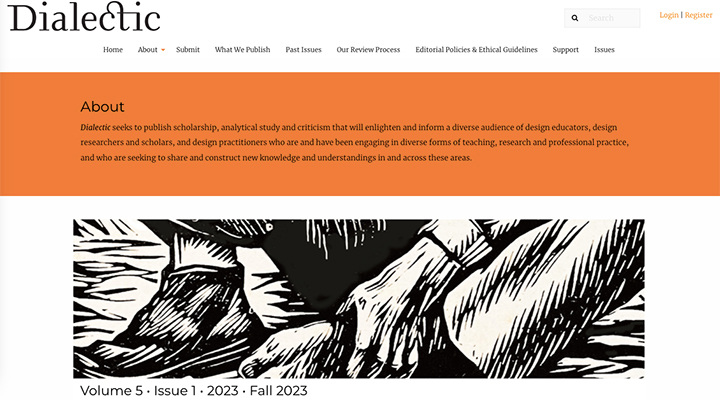
Research is a well-established human activity. We see examples in science and social science, of course, and have the Nobels and MacArthurs to award it. Research advances medicine and communication, history and jurisprudence. It is even a project for literature in all its various manifestations.
Design research was a little late to the party, but has picked up steam over the last forty years. Perhaps the grand daddy of design research journals is Design Issues. Founded in 1984 by Victor Margolin, Dennis Doordan, and Richard Buchannan, it has been published as an MIT Press journal for many years. It’s UK equivalent, the Design Journal, published by Routledge/Taylor & Francis, came along in 1998.
The perils and challenges of publishing design research can be many. Design Philosophy Papers (2003-2017), an online journal founded by Tony Fry, Clive Dillnot, and Anne-Marie Ellis, ceased publication when the editors perceived a decline in the quality of research which they attributed to the academic paper chase of post-docs and junior faculty submitting uninspired research for the sake of promotion. Needless to say, this is an issue with all types of academic writing, not just design research.
Another problem is audience. The nature of academic publishing makes for a small, select audience, not the sort of reception trade publishers are willing to invest in. The subject of this post, Dialectic, was founded in 2016 by editors Michael Gibson and Keith Owens in the name of the AIGA’s Design Educators Community (DEC), and has struggled through the pandemic to its fifth emanation. The form has shifted away from print to an online version published by the University of Michigan under the auspices of the AIGA.
Volume 5, which it must be admitted I am a part of, was released December 13th, 2023, and carries articles about inclusivity, social justice, cyberfeminism, decolonization, and conviviality, and is available here: Dialectic Volume 5. Free access to journal publishing is valuable, both to readers and to researchers in search of corroborative citations.
The future of design research venues is always up in the air. Whether Dialectic will survive remains to be seen. As turgid as some of the writing can be, the importance of such research cannot be denied. One can only hope that the exigencies of commerce don’t rule it out entirely.
David Stairs is the founding editor of the Design-Altruism-Project.

